5. The Dark Mirror (1946)
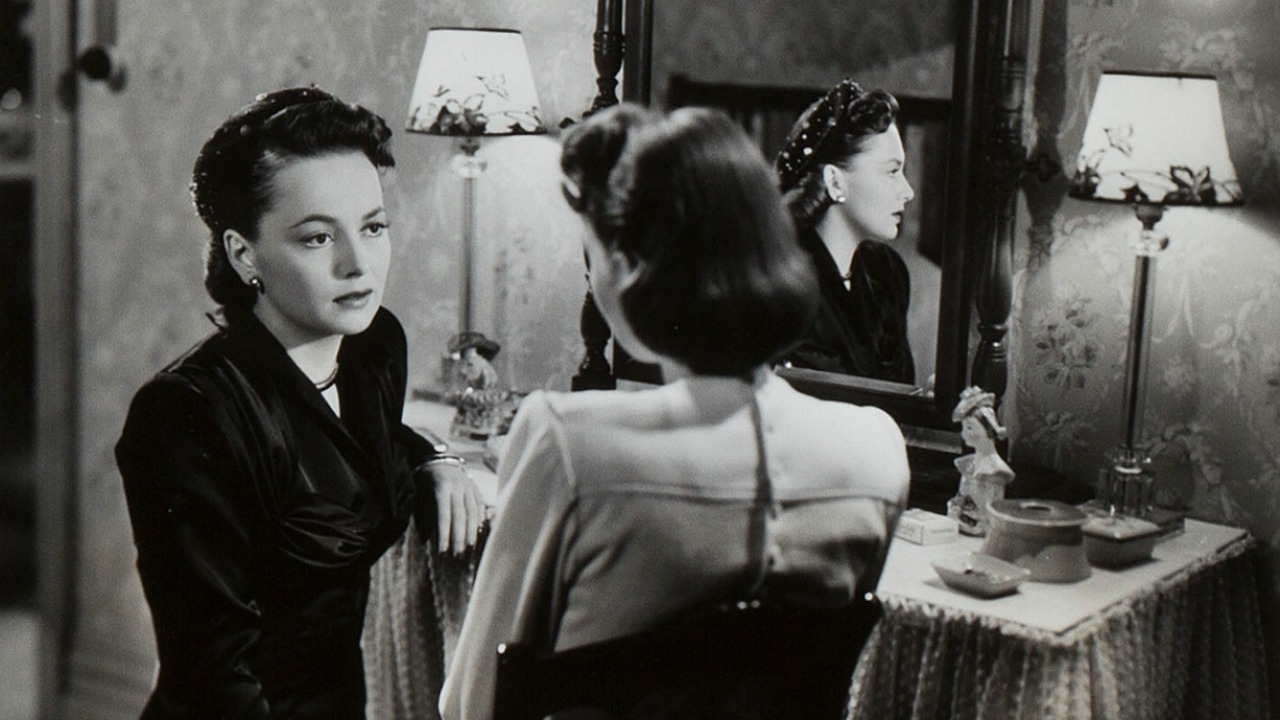
Twin themed movies have always been a fascinating subgenre in film. Actors gravitate towards them for the obvious challenge it can provide, and audiences tend to be mystified by their technical aspects. 1946 was a banner year for this type of cinema as two trend setters were released within months of each other: “A Stolen Life” with Bette Davis and “The Dark Mirror” with Olivia De Havilland.
While “A Stolen Life” was a glossy melodrama, “The Dark Mirror” was a darker noir thriller featuring De Havilland as sisters Terry and Ruth Collins. Following a murder, one of the twins is seen leaving the scene of the crime. However, both sisters have an air-tight alibi for their whereabouts during the killing. The case frustrates the investigating detective who seeks the aid of a psychiatrist to help solve the case.
Clocking in at a brief 85 minutes the film moves quickly but sometimes feels crammed with psychiatric observations which can feel more than a bit obvious when viewed in this day and time. But the twists are clever and the climax, though verging on preposterous, is great fun.
De Havilland does a super job, creating two distinct but fluid personalities, eliciting from the audience the perfect amount of empathy or disgust depending on the twin. It’s not just the script which keeps audiences on their toes but also Olivia’s performance. It’s a marvel to watch her acting talents become as much of a red herring as anything in the story. Playing two characters could end up simply playing opposite spectrums: one good, one bad. But De Havilland takes great care with careful nuances and potent expressions. However large or small, it’s these attributes, which make this yet another great Olivia De Havilland tour de force.
4. To Each His Own (1946)
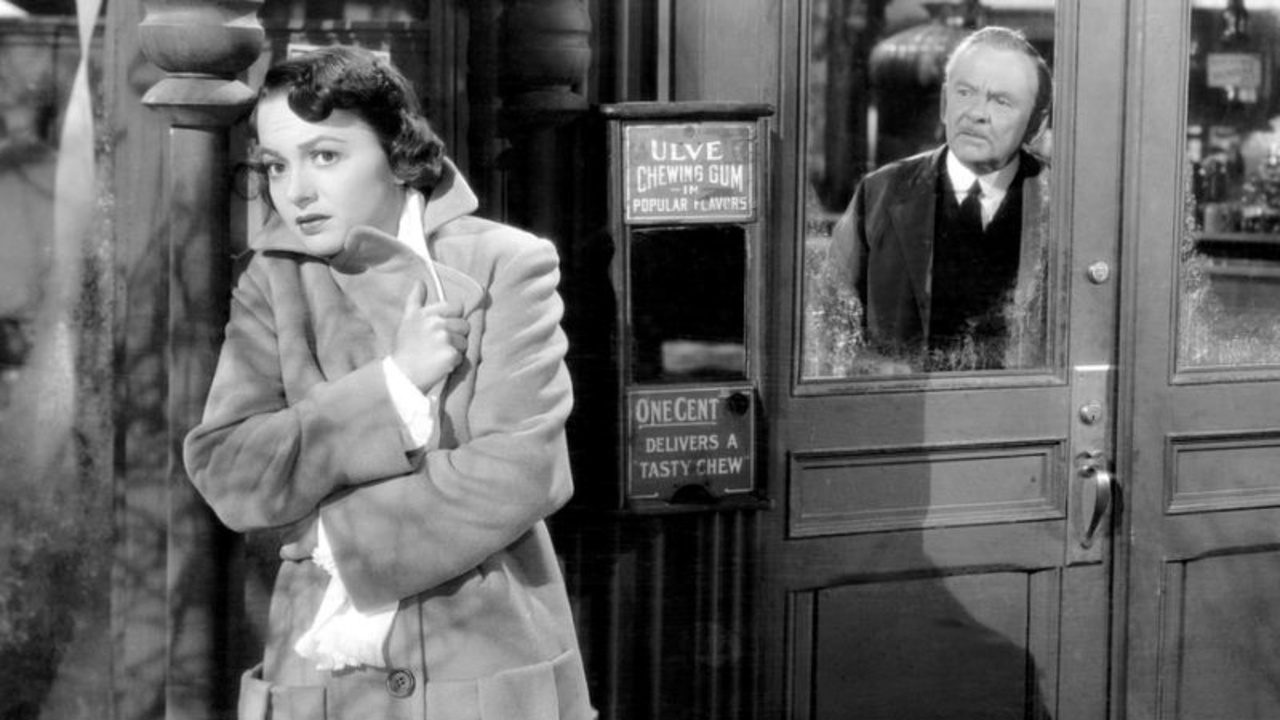
After a three-year hiatus from film, caused by her lawsuit against Warner Bros., Olivia returned to the screen with this moving tearjerker which brought her her first Academy Award for Best Actress. Her disassociation with Warner Bros turned out be a good move on her part.
The film spans decades in the life of Jody Norris, an unwed mother who, during World War I, gives up her son for adoption. She eventually becomes a successful businesswoman while keeping up with her son’s life from a distance.
What seems like a potentially manipulative plot is actually a well written, interesting and ultimately moving account of a woman’s strength in the face of adversity. Much of it told in flashbacks, the narrative works beautifully benefitting from a well written screenplay which has some slight echoes of “Stella Dallas” (1938). And yes, you WILL shed some tears by the end, but they will be well earned.
It’s no wonder that De Havilland won the Oscar for this performance. She injects her portrayal of Jody Norris with quiet dignity and truthful emotion. Her arc through the character’s ages, starting at 17 and ending at middle age, never feels false. It’s a sumptuous performance full of inspiration and pathos. Her consistent ability to play the truth of a character is what set her apart from many of her counterparts. That ability is on full display here.
3. The Snake Pit (1948)
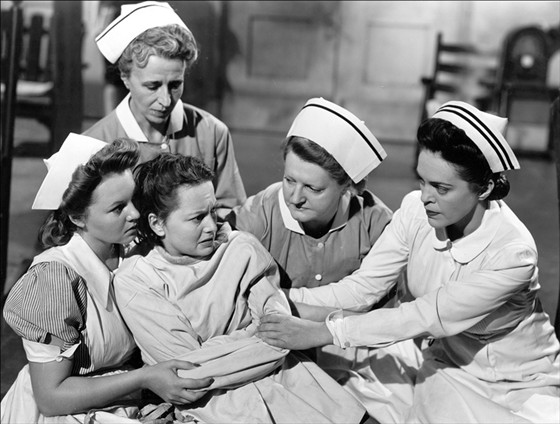
Though the title might imply a sordid exploitation film, ‘The Snake Pit” is actually a serious and important look at the shocking treatment of patients in mental institutions. It was the first mainstream Hollywood movie to deal with the sensitive topic and was lauded by The Committee of American Psychologist for bringing to light the inexcusable conditions of these establishments.
The somber, powerful story details the experience of Virginia Cunningham (De Havilland) as she navigates through her mental illness in an institution. She is aided by Dr. Kirk (Leo Glenn) in finding the root of her issues and, in flashbacks, the audience is shown the events which led Virginia‘s mental breakdown.
While occasionally dour, Anatole Litvak directs “The Snake Pit” with great care. It is often grim but always sympathetic, impressively avoiding oversimplification of its powerful themes. It’s an extremely well-made film with an involving story and unexpectedly optimistic resolve.
De Havilland threw herself into role, doing much research before shooting began. Her work paid off. In an immensely difficult role, she works flawlessly to bring an honest humanity to a mentally fragile character. Even through Virginia’s harrowing experiences, Olivia consistently keeps her dignity intact, even has her mental state unravels. That is no small feat. It’s a courageous performance, ahead of its time.
2. Hush…Hush Sweet Charlotte (1964)
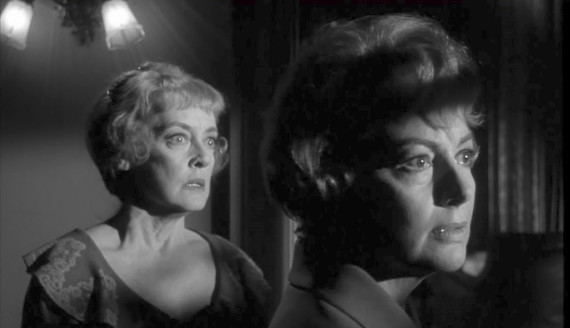
Eager to capitalize on the surprise success of “Whatever Happened to Baby Jane?”, director Robert Aldrich was able to round up the film’s famously feuding stars, Bette Davis and Joan Crawford, for a follow up to the film to be titled “Hush…Hush Sweet Charlotte”. But, as expected, tensions were high. Joan Crawford was fired from the film after claiming illness and causing expensive delays in filming. At the suggestion of Davis, Robert Aldrich convinced Olivia De Havilland to take over the Crawford role.
The gothic thriller tells the eerie tale of Charlotte, a mentally unstable Southern woman (Bette Davis at her absolute best) haunted by a grizzly event from her past. Her seemingly well-meaning cousin Miriam (Olivia De Havilland) arrives to offer help but it quickly becomes apparent she has more dubious motives in mind.
The film is marvelous and hugely entertaining, often dipping its toes into full blown (and effective) horror beats. It’s also vibrant showcase for some legendary screen icons. Joseph Cotten, Mary Astor and Agnes Moorehead (in a gloriously extravagant Oscar nominated performance) are given a chance to exhibit their formidable talents here.
However, it’s Olivia who gives the most unexpected and sizzling performance. She subtly almost parodies her “regal” reputation early in the film but brilliantly drops hints along the way suggesting there is much darker side to Miriam. When the film uncovers her as a full-blown villainess, her balls-to-the-wall portrayal of a conniving schemer is sensational. She sinks her teeth into it with almost gleeful commitment, striking every chord with expert perfection.
It’s been said by actors that villains are often the most fun to play. Especially when portrayed by the unexpected. This must certainly have been the case for De Havilland as Miriam. She dazzles. Rarely has evil been this unabashedly delicious!
1. The Heiress (1949)
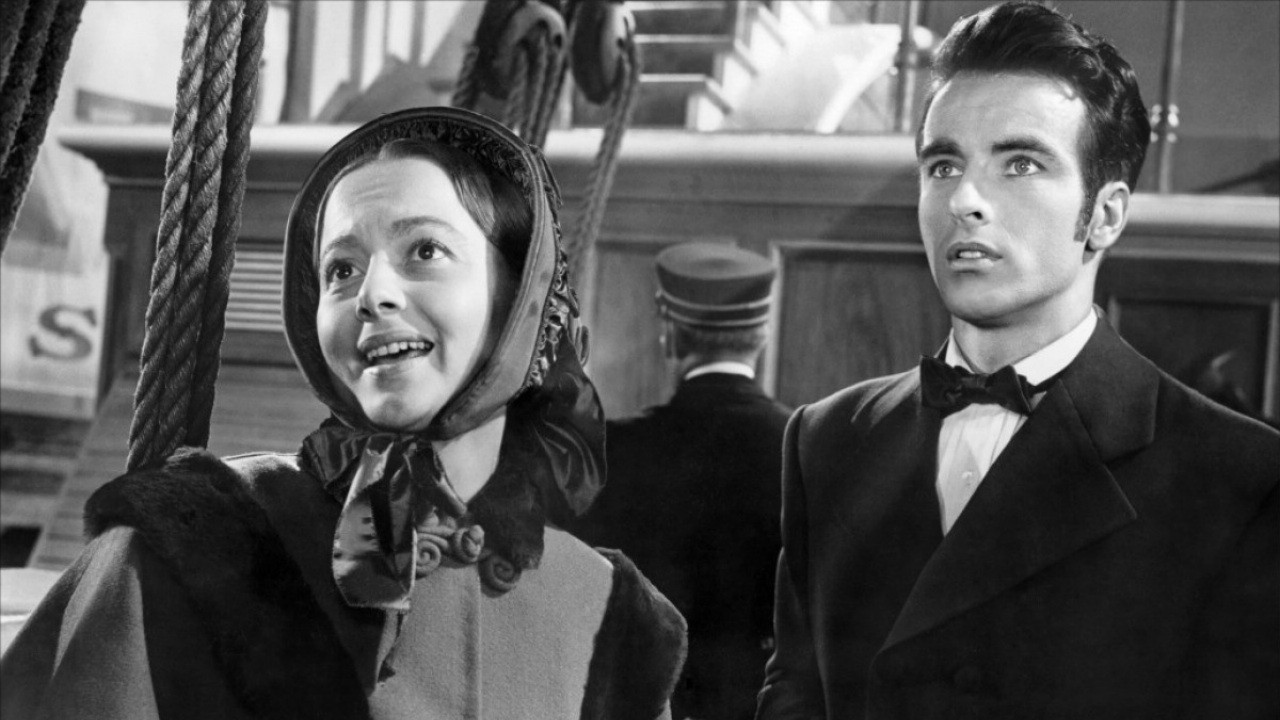
William Wyler’s decadent adaptation of Ruth and Augustus Goetz’s 1947 play (itself based on the novel Washington Square by Henry James) features what is arguably one of the most nuanced and perfectly rendered performances of De Havilland’s storied career.
The story of Catherine Sloper, a plain and awkward spinster who falls for the false charms of an attractive charlatan, is a handsomely mounted film which avoids static staginess in favor of rich dialogue and first-rate performances. Montgomery Clift as the duplicitous Morris Townsend and Sir Ralph Richardson as Catherine’s cold, insensitive father Dr. Sloper both turn in excellent performances. As good as they both are (and they are REALLY good) this is Olivia’s show all the way.
Catherine is a fascinating character. In De Havilland’s hands she’s immediately someone who the audience roots for. She’s socially awkward and, as the film unfolds, frustratingly naïve. But Olivia never resorts to manipulating the audience into simply feeling sorry for her. There’s much more going on. When the character finally claims her power, it comes at a heartbreaking price. Once that happens, De Havilland does a magnificent about-face with Catherine, affecting everything from her expressions to the timber of her voice. She wears the erosion of cruelty and disappointment on her sleeve.
The film brought De Havilland her second Oscar. It’s easy to see why. Her performance is one for the ages.